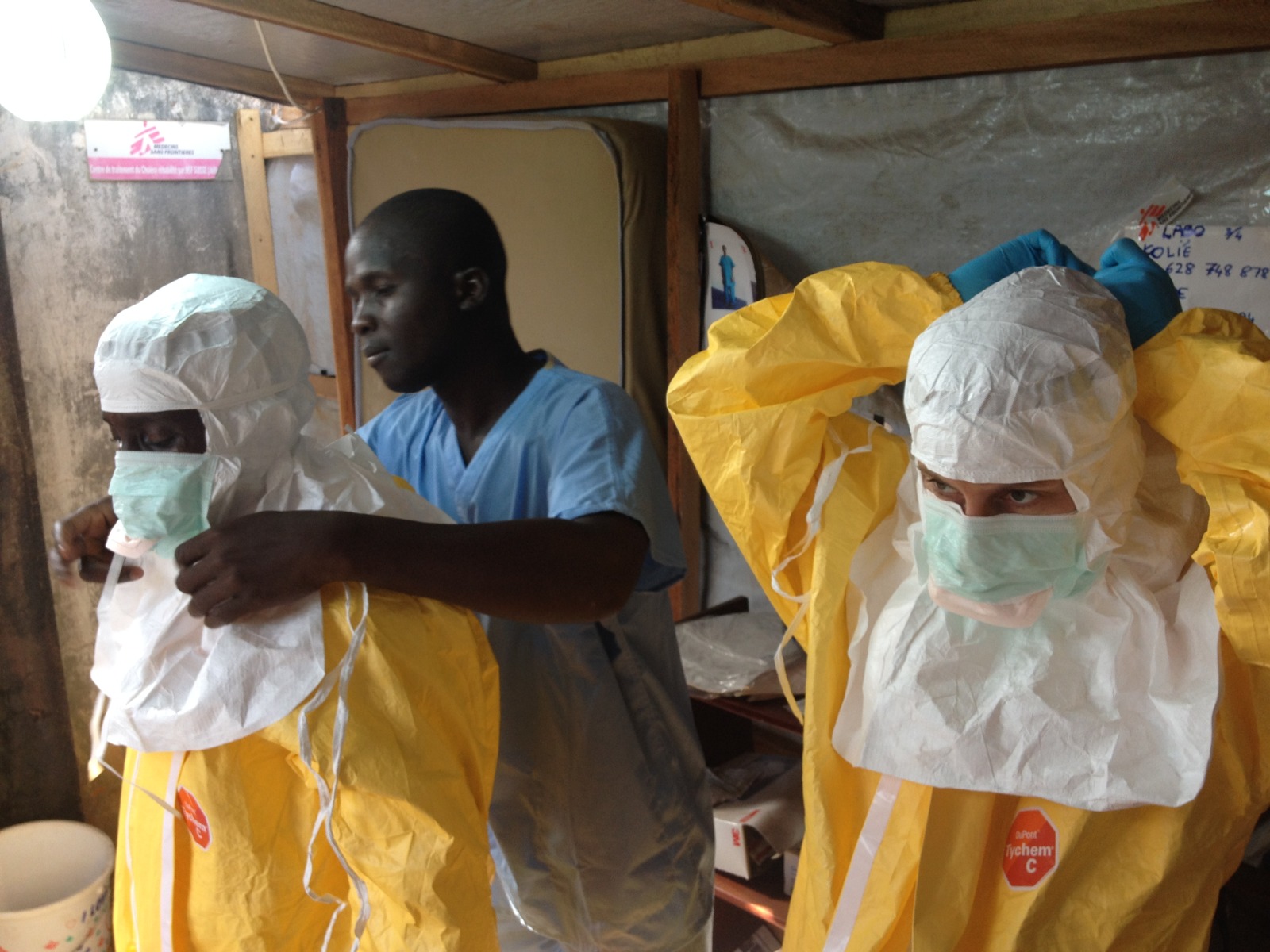A new Ebola vaccine, designed to overcome the shortcomings of the existing contenders, has been developed by US scientists. 
In the wake of the 2014 Ebola outbreak, which has already claimed more than 5000 lives, three vaccine candidates have been developed and tested. All have shortcomings including the DNA-based preparation which requires multiple doses to achieve protection, the chimpanzee adenovirus formulation that requires very high doses to achieve protection, and the weakened vesicular stomatitis virus that researchers are concerned might become more virulent.
Now US National Intitute of Health scientist Andrea Marzi and her colleagues have developed a fourth, much safer formulation comprising a killed Ebolavirus, a single dose of which protects monkeys against an otherwise lethal Ebola exposure.
To develop the new vaccine, reported this week in the journal Science, the team first used genetic techniques to remove from the virus a gene called VP30, without which it cannot grow. This gene was instead added to the DNA of cultured cells, which support the growth of the engineered Ebola by making and supplying the otherwise missing VP30.
To add a further layer of security, the team also used hydrogen peroxide to chemically brutalise the resulting virus particles, neutralising them. This produces viruses that are capable of stimulating a powerful immune response against all parts of the virus but are otherwise unable to grow or cause disease.
A group of monkeys that received the new vaccine and were then challenged one month later with an injection of the wild-type Ebola all survived.
Summarising their results, the US team conclude that their agent provides strong protection of non-human primates after just one dose and that the production of the agent can readily be scaled up and is very safe.
Moreover, they say, because it reveals to the immune system the complete structure of an Ebolavirus, compared with the other vaccine candidates that present to the immune system just one component of Ebola, the immune response it generates is more comprehensive and potentially broader than that achieved using the other strategies. It "warrants further assessment," the team suggest.









Comments
Add a comment